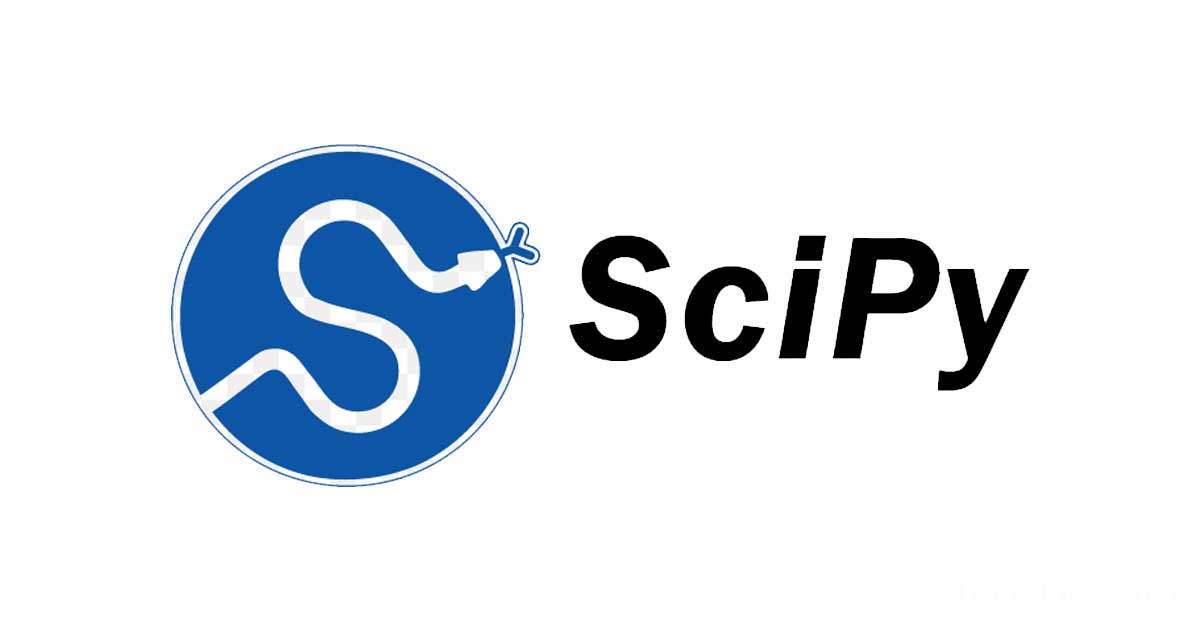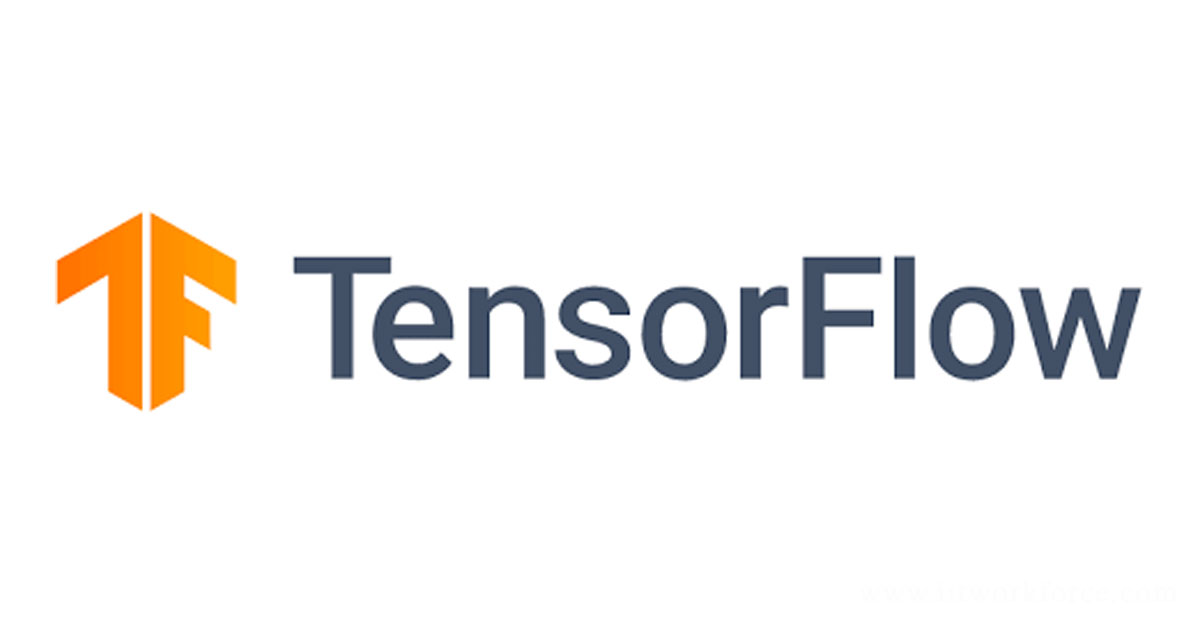As a programmer currently enrolled in python online classes, the learning process can be simplified by using resources from the python libraries. This is one of the best ways to ace your understanding of the course. Well, due to the versatility of the Python language, there are tons of available libraries which you can get materials from. With this high number of libraries, you need to get the best and most relevant for 2022. In this short article, we’ll be discussing the top 10 that you must know. Here we go.
1. SciPy
SciPy is a library for machine learning languages mostly used by software developers and machine engineers. It is one effective library that has a well-outlined structure that includes numerical integration, optimization, and other routines. SciPy is a library designed to help you easily solve mathematical problems using any of the numerous modules. It’s one to consider especially if you have tasks involving calculus, linear algebra, and other scientific mathematical modules.
2. TensorFlow
As you are learning python programming online, you’d have heard about TensorFlow. It’s one of the most common and efficient libraries used by many python programmers. The library was jointly developed by Google and the Brain Team. The TensorFlow is quite fast and uses XLA for solving linear algebra mathematical problems. It is also very versatile and easy to work with as a beginner.
3. NumPy
Here is another popular machine learning library not only used by programmers but also other libraries. It is designed to work for tasks involving sound waves, binary functions, and pictures. With NumPy, you get the opportunity to solve mathematical problems easily using simplified steps. Likewise, your coding session is about to get more interesting with this resource.
4. PyTorch
PyTorch was launched in 2017 as a machine library and it has risen to become a renowned one in the programming world. PyTorch is mostly designed to work for applications developed using natural language processing. For some, PyTorch is far more effective than TensorFlow due to its numerous abilities in programming. Specifically, it simplifies the front-end development and aids distributed training.
5. Theano
Theano is one python library that has similar features to TensorFlow. It is designed to fit into parallel and distributed environments. The tool is gradually amassing tons of users in the programming field, today. It allows a clear use of GPU and is quite stable and very efficient in solving problems.
6. Pandas
If you’re a practicing data scientist, then this is one tool you should be familiar with. Pandas is currently one of the major Python libraries used for learning and performing data science tasks. Pandas is very flexible as it allows you to develop your application function easily and has a syntax that helps you locate missing data. It is generally used in different academic aspects and also for data cleaning and data wrangling.
7. Keras
Keras is one of the most used libraries for deep learning and the development of neural networks. If you’re trying to combine the use of two libraries, Keras works well with TensorFlow at the backend, so it’s a good one to select with it. Keras has features that can be used for configuration, training, and other neural network activities.
8. Scrapy
Scrapy is another resource used for data science activities. It is essentially used for the extraction of data on the webpage based on XPath. With Scrapy, you can easily develop spider bots to retrieve the data from pages. With a don’t repeat yourself design, the tool can collect data from APIs.
9. BeautifulSoup
With its really interesting name, BeautifulSoup is another Python library that comes in handy for data scraping and web crawling. It’s one of the popular libraries for data science, especially for the collection of data without an API or CSV.
9. Scikit-Learn
Scikit-Learn is an all-in-one tool for machine learning and it contains all the necessary tools you need for the process. From resources on gradient boosting, logistic regression, vector machines, and linear regression to random forests, you can rely on the Scikit-Learn library. Scikit-Learn is also a handy tool for predictive data analysis and checking the accuracy of hidden data.
10. Conclusion
Learning python programming online course allows you to explore the world of IT and become one of the experts in software development, data science, and other aspects. From the list of these top 10 resources, you’ll find one that will suit your needs effectively and get you started on the journey to rising in your career using the language. Have fun as you explore.



